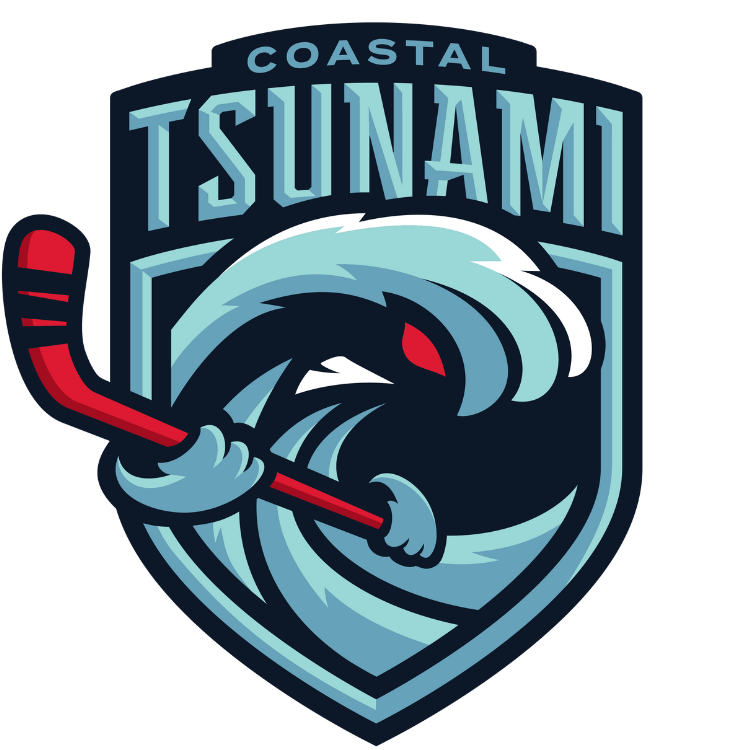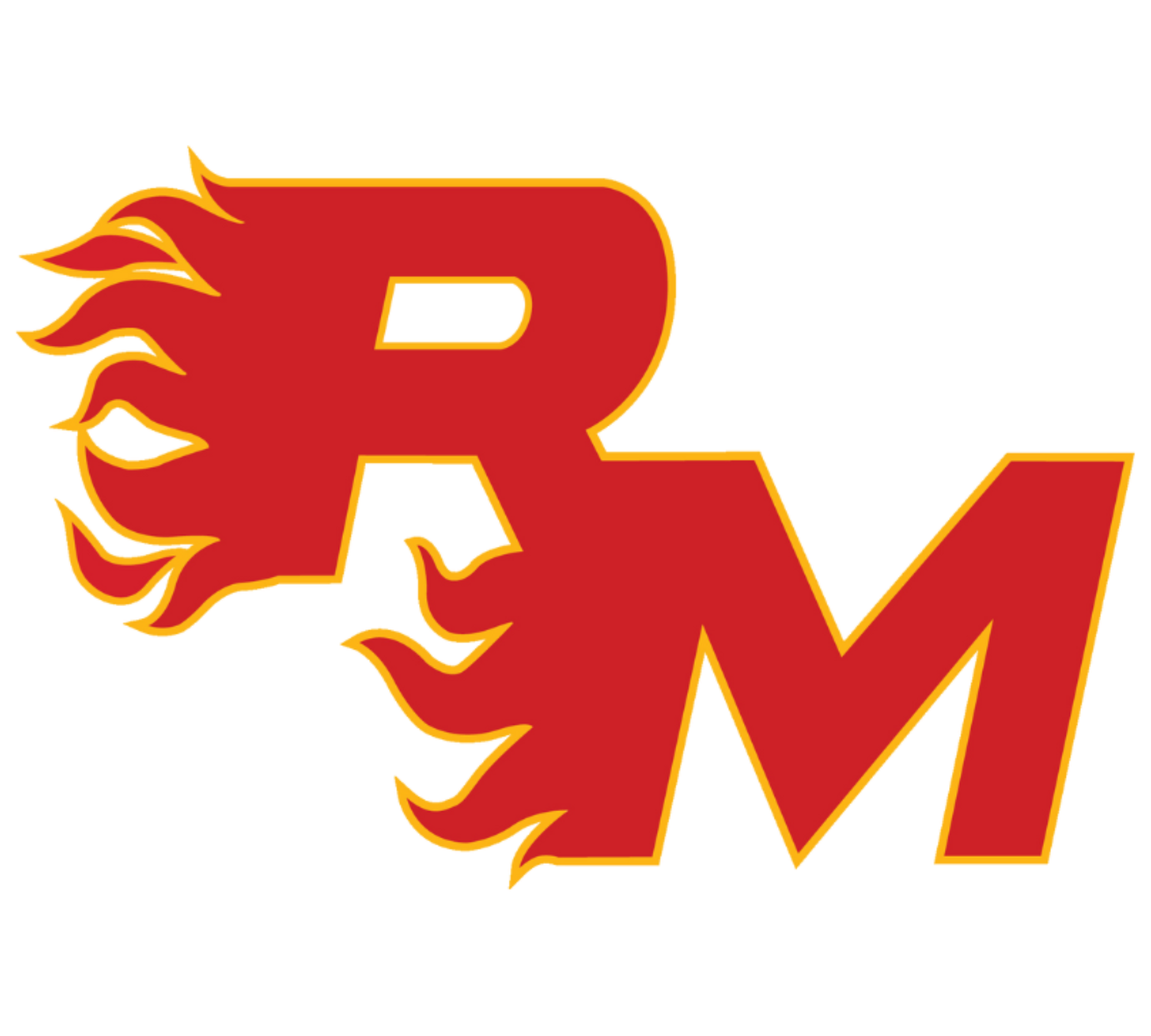Players are between the ages of 16 and 20 and may be completing their high school education or taking college classes. These players may also be balancing part-time jobs while pursuing their hockey dreams and contributing to the community.
A billet program is in place to facilitate their integration into the local community. Billet Families play a crucial role by opening their homes to these young players during the hockey season. The responsibilities of billet families typically include providing housing, meals, and overall support to ensure the players’ well-being.
This arrangement helps players who may be coming from various parts of Canada or the United States to have a stable and supportive environment as they navigate their teenage years, pursue their education, and pursue their hockey aspirations.
Billet programs benefit the players by offering a sense of belonging and contributing to building stronger community bonds. Local families play an active role in shaping the young athletes’ experiences both on and off the ice.
Q: Do billet families get paid?
A: Our billet families will receive a monthly honorarium per player. You also receive two (2) season tickets for your family living in the home.
Q: Can a billet family host more than one player?
A: Yes, if you have space and interest. Most families host one player; however, some have space for more players. This helps players share responsibilities like transportation and provides company to one another.
Q: How long do players stay?
A: Players typically arrive in mid-to-late August and leave at the end of the season. Depending on the team’s performance, playoffs can run into late spring. The regular season usually ends at the beginning of February.
Q: What do billets need to provide?
A) Private Accommodations:
- Billets must provide a private bedroom.
- The Player must be provided with clean bedding and bed.
- The Player must have a closet and storage space.
- The Player must be provided access to a bathroom; facilities must be accessible and reasonably private.
B) Nutritious Food:
At least one prepared meal per day (preferably dinner) not only meets a basic need but also contributes to the player’s overall well-being and performance. It’s integral to supporting their physical and mental health while away from home.
C) Internet Access:
Some players are taking classes online, so they will also need to communicate with friends and family back home.
D) Positive and Safe Atmosphere:
patience, caring, friendliness, positivity, and safety are emphasized, creating an environment that is not only physically comfortable but also emotionally supportive.
E) Guidance and Attention:
The commitment to offering the same guidance and attention as one would for their own children. This means not just providing a place to stay but actively engaging in the player’s personal and developmental journey during their time with the family.
Q: What do I NOT provide?
- You don’t need to provide a computer or video games. If you have them available for players to use and don’t mind, that’s great and between you and the player. But they are not a requirement.
- You do not have to provide personal hygiene items, clothing, medications, books, etc.
- You do not have to provide accommodations for family members when they visit—the player’s parents and family members will book their places to stay when they come to visit. You aren’t expected to be a hotel.
Q: What about transportation:
A: Players must work out their transportation while in town. This isn’t your responsibility. If you let the player use your vehicle, it’s your responsibility.
Q: Do players stay for holidays?
A: Normally, players are around for Thanksgiving but head home during the Christmas holiday break. It does depend on each player’s situation, and it is always dependent on the season schedule as well.
Q: What if I’m going away for a weekend or on vacation and don’t want the player alone at home?
A: Contact the billet coordinator, and arrangements will be made for your player to temporarily bunk with another family.
Q: What are special diets?
A: We do our best to match players with families that share the same diet.
Q: What about our house rules?
A: This is YOUR home. If you have special house rules, let us and your player know from the start to ensure everyone understands what is expected. Remember that players have a Team Code of Conduct and curfew rules that they are expected to follow. At the very least, we expect the players to be courteous and respectful of their room, your home, and your family. Our Tsunami players will be great role models for younger children in many Billet homes as they learn and pass on the determination to achieve their dreams and goals.
Q: Are there guidelines and communication supplied by the Tsunami to assist our family in hosting a player?
A: Yes, our Billet Coordinator, Sam Storvold, is available by phone or email throughout the season to answer any questions, address any concerns, and act as a liaison to the team management. At the beginning of each season, a meeting is held between the players, billet families, billet coordinator, and team management to review the Billeting Guidelines so that everyone has all pertinent information at the outset.
- Billets are required to ensure team rules are followed in the homes. NO EXCEPTIONS
Q: What happens if our player is traded or leaves?
A: Trades happen, as is the nature of the sport. When you make a good connection with your player, it can be hard to say goodbye, but the incoming player will need a place to call home, and we hope you will welcome them. When a strong connection is made with your player, it’s never goodbye, but see you later.
In almost all billet homes, solid relationships are formed between the player, the billet family, and the player’s family. These relationships often continue long after the player has left the Tsunami program.
Q: How do I apply to be a billet family?
A: Go to this form and fill out the information, and the billet coordinator will contact you.
In summary, the Billet Family is expected to offer more than just a roof over the player’s head; they are integral in creating “a home away from home” that is physically comfortable and emotionally supportive, ensuring the player’s overall well-being and development.
Billets will be the backbone of the Tsunami family and are critical to the success of players and our Tsunami program. As part of the screening process, our billet coordinator will conduct an in-home interview with all family members present. Any adults (19 years or older) living within the home must complete a vulnerable person’s background check, review references, and hold an orientation/information session concerning league/team expectations.
We take the safety and well-being of our players and billet families very seriously. If you have any concerns or issues, please contact the billet coordinator ASAP, billeting@coastalhockey.ca.

















